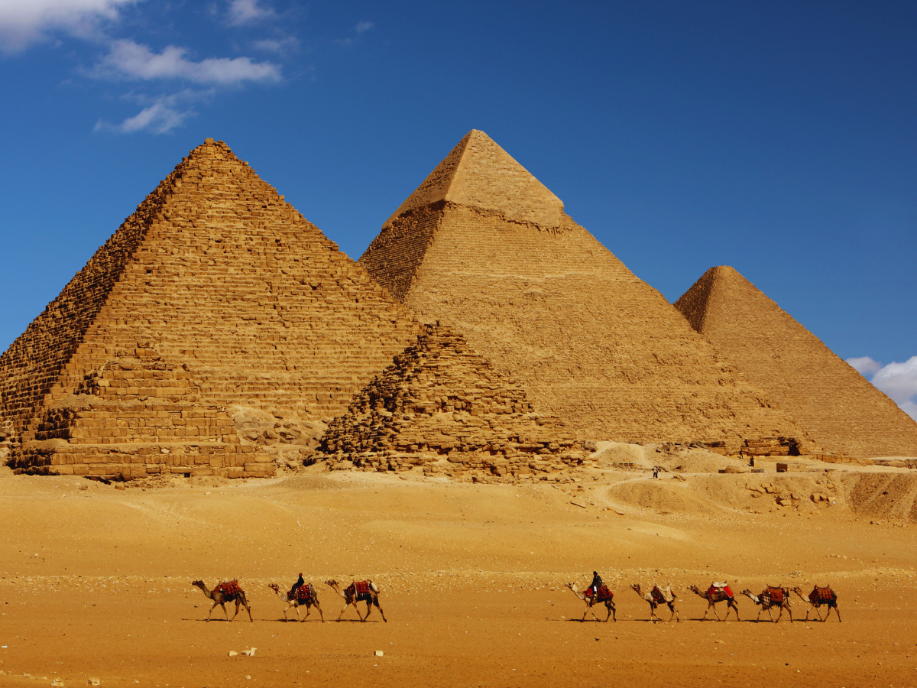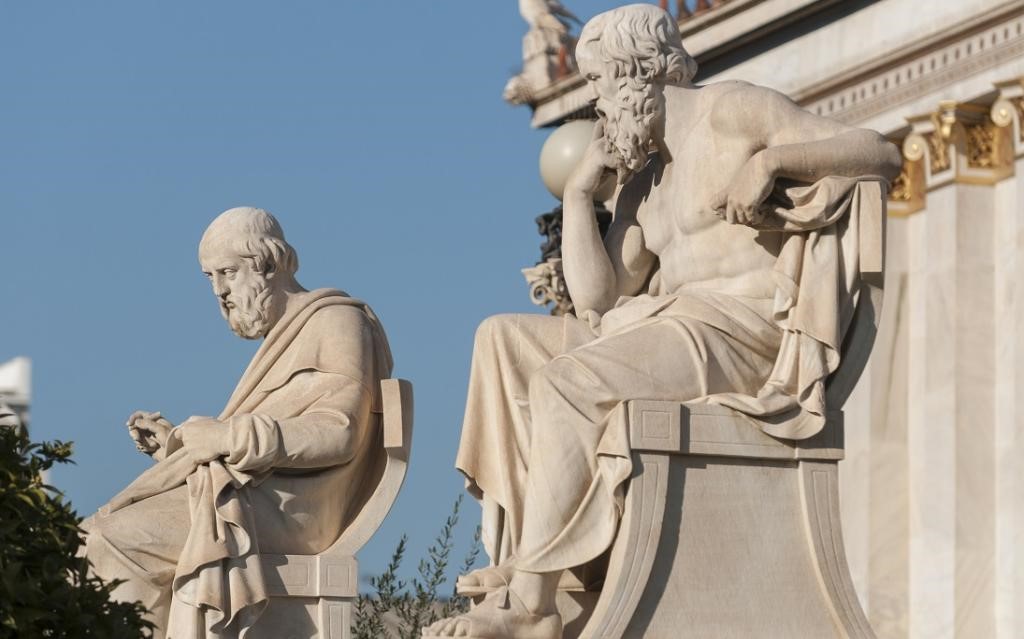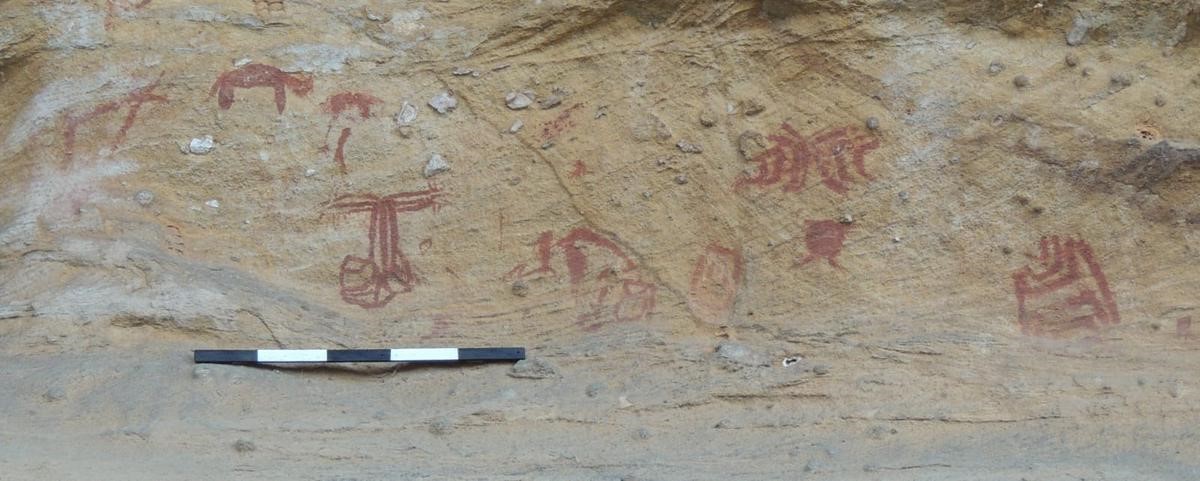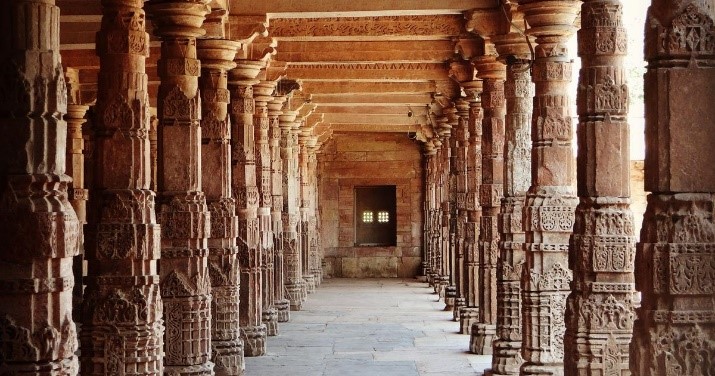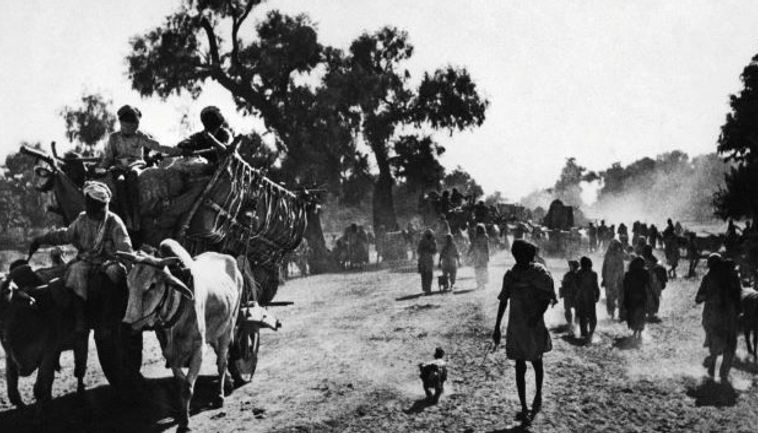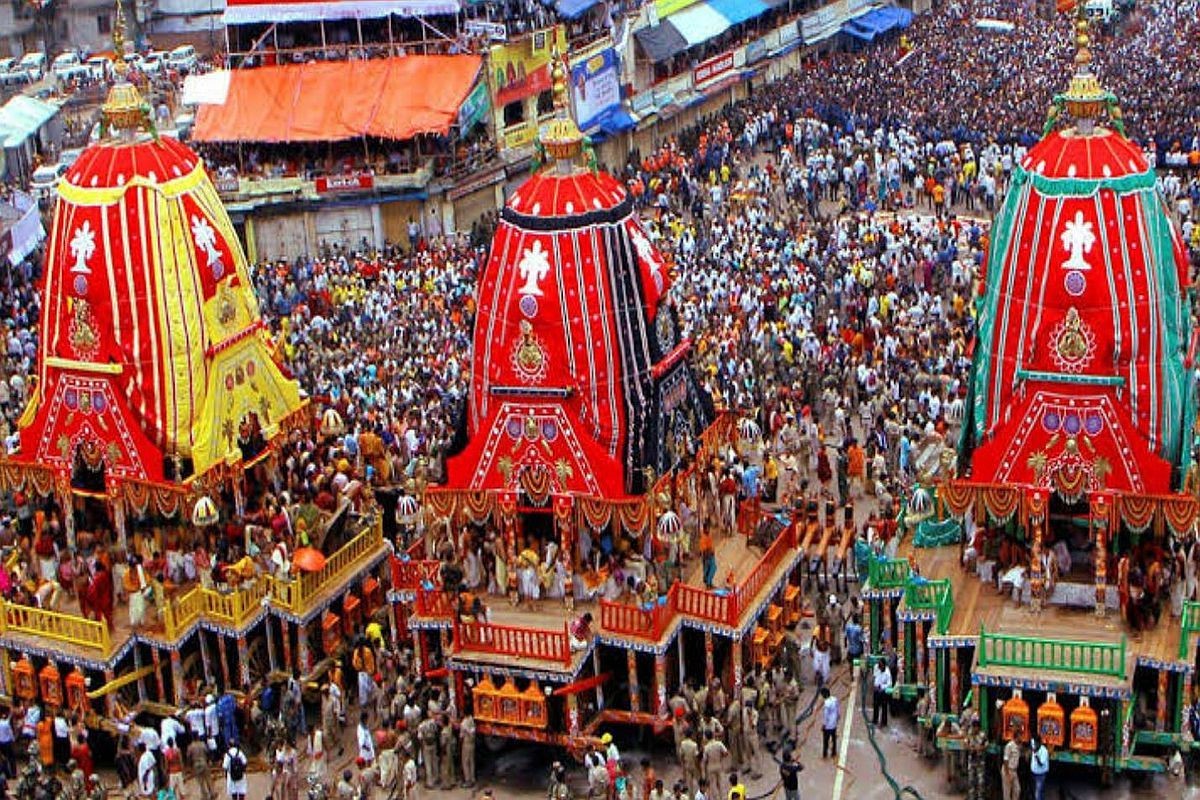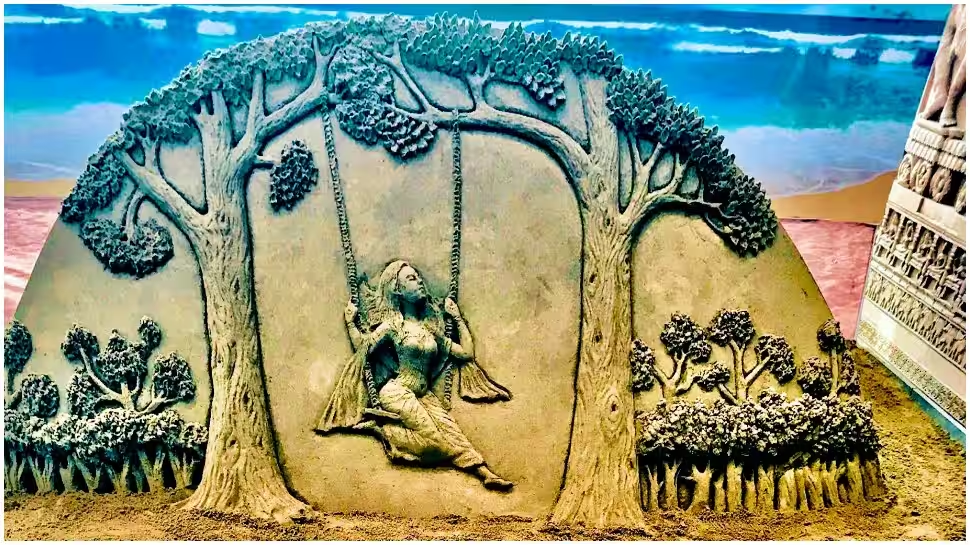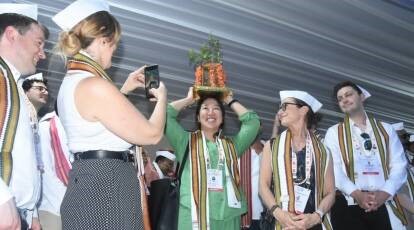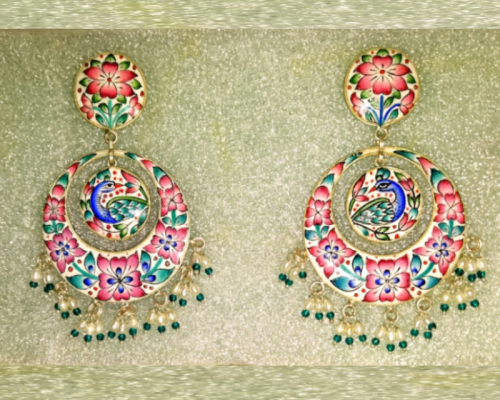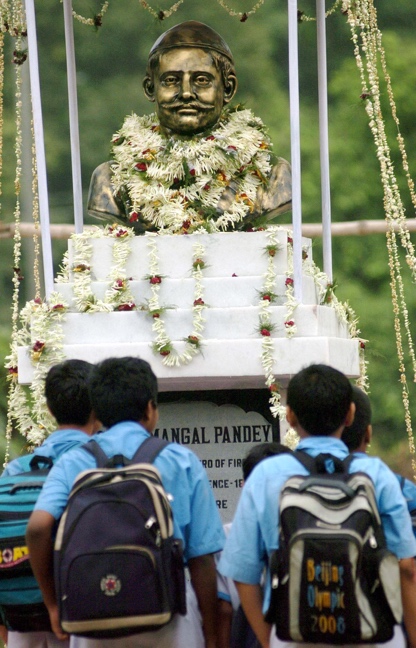Description
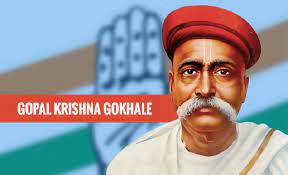
Disclaimer: Copyright infringement not intended.
Context
- Prime Minister Narendra Modi on 9th May paid his tributes to Gopal Krishna Gokhale on his birth anniversary.
About Gopal Krishna Gokhale
- Gopal Krishna Gokhale was a great social reformer and educationist who provided exemplary leadership to India's freedom movement.
- He was born on 9th May 1866 in Kotluk village in Maharashtra.
- He studies at the Elphinstone College in Mumbai before joining as a professor at the Fergusson College in Pune, where he taught political economy and history.
- Gokhale first arrived on the national scene after cross-examining British colonial expenditure at the Welby Commission of 1897 in England.
- Gokhale’s work earned him praise in India as he laid bare British military financing policies that heavily burdened Indian taxpayers much to the chagrin of then Viceroy Lord Curzon — regarded among the most vituperative of racists to occupy that post.
- In 1889, Gokhale joined the Indian National Congress, emerging as one of the main leaders of its ‘moderate’ wing, and gave up teaching three years later to work as a lawmaker for the remainder of his life.
- Between 1899 and 1902, he was a member of the Bombay Legislative Council followed by a stint at the Imperial Legislative Council from 1902 till his death.
- At Bombay, Gokhale opposed the British government’s onerous land revenue policies, advocated free and compulsory primary education, and asked for the creation of equal opportunities to fight against untouchability.
- He also spoke for the Indian diaspora living in other parts of the British Empire and opposed tooth and nail the indentured labour system, raising their problems in the Imperial legislature as well as at Congress sessions.
- Gokhale became Congress president at its Banaras session in 1905.
- In 1907, he fervently campaigned for the release of Lala Lajpat Rai, who was imprisoned that year by the British at Mandalay in present-day Myanmar.
- After Mahatma Gandhi’s return to India, he joined Gokhale’s group before going on to lead the independence movement.
- Gandhi regarded Gokhale as his political mentor and wrote a book in Gujarati dedicated to the leader titled ‘Dharmatma Gokhale.
https://www.pib.gov.in/PressReleasePage.aspx?PRID=1823706






